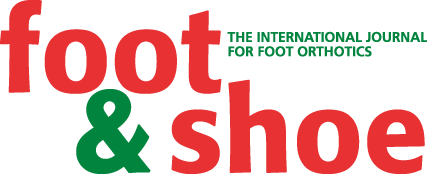Medical research: more value, less waste
Cochrane Germany and TMF – Technology, Methods and Infrastructure for Networked Medical Research – jointly hosted a symposium for researchers, patients, ethics experts and representatives from medical journals and research infrastructures. Attendees discussed ways to increase the value of medical research funding and eliminate losses caused by inefficient practices.

On this occasion, TMF and Cochrane Deutschland have formulates the following set of proposals and recommendations:
1. Greater visibility is required to ensure more efficient, targeted use of grants.
- Develop new registries for research projects and ensure ongoing financial security for existing registries.
- Grant proposals must make the registration of new research projects a mandatory requirement.
- Project applications must undergo systematic review (e.g. by the Cochrane Foundation) to prove their necessity and justify their existence.
2. Ethical, legal and methodical issues must receive greater attention in biomedical research.
- The existence of ethical, legal and methodical expertise (e.g. data protection and biometrics) is a prerequisite of receiving funding and must be expressly proven by the project stakeholders themselves or through membership of a relevant association (e.g. TMF).
3. Knowledge infrastructures such as databases and biobanks must be made available for long-term use.
- Applications for funding must include a proposal outlining the continued use and long-term existence of infrastructures and facilities created within the scope of a research project.
- Collaboration with other similar facilities and the integration of existing expertise with regard to the future, long-term use of research data and the sustainability of research infrastructures must be defined as requirements by funding bodies.
4. Standards that span projects and disciplines must be defined by the research community itself.
- The enforcement of a top-down approach puts the acceptance of generic solutions and standards at risk. For this reason, research funding bodies should promote and financially support self-organisation (for example through TMF).
5. The results of studies and medical trials must be transparent and evaluable.
- All findings from publicly funded research, including research protocols, analyses and raw data, must be published in full.
6. The prioritisation of medical research must take the patients’ needs into account.
- Patient representatives should be involved in all key strategic and operational decisions relating to funding activities.
- Suitable, financially secure platforms must be established and institutionalised to safeguard the exchange of information between patients and researchers.
- Political decision makers must provide public resources to ensure that dialogue with patients is not limited entirely to funding by commercial organisations.
7. All stakeholders must play a role in improving the efficiency of medical research.
- Factors that promote inefficiency in biomedical research in Germany and the extent of these inefficiencies must be uncovered and investigated systematically (research on research). This includes, in particular, disincentives in the research system.
- Proposals for improvement must be developed and discussed by all stakeholders (i.e. researchers, funding bodies, ethics committees, clinicians, practitioners, patients, legal experts, politicians, publishers and industry). Political decision makers should initiate and drive this process.





